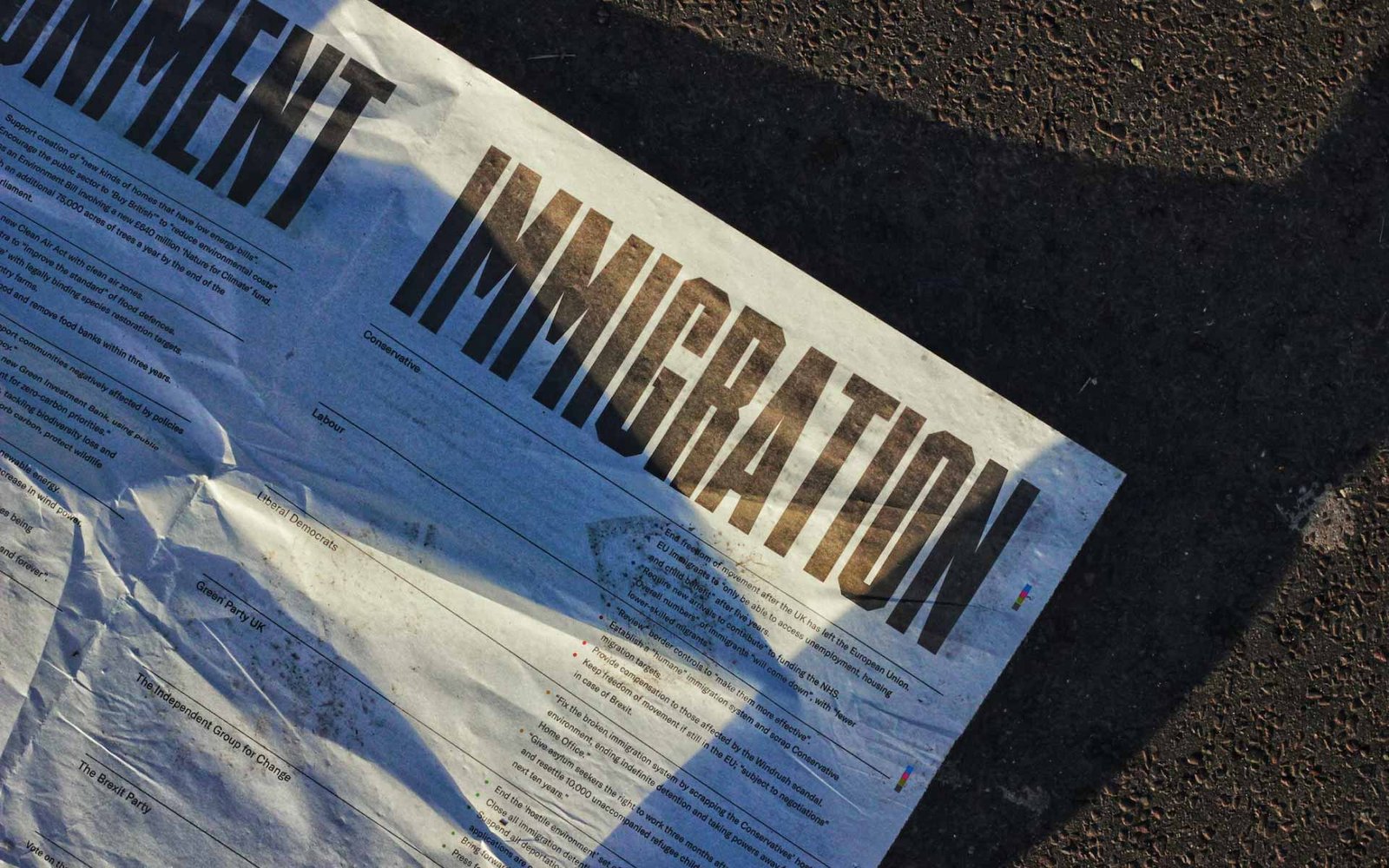By The Haitian Tribune Staff | Port-au-Prince, Haiti , October 30, 2025
In a series of decisive operations across Haiti, the National Police (PNH), in collaboration with the newly formed Force for the Repression of Gangs (FRG), has reported significant victories against armed groups that have long terrorized parts of the country.
The joint missions mark a turning point in Haiti’s ongoing battle against organized crime, signaling both stronger coordination among national and international forces and the beginning of a new operational phase under the FRG, which has effectively replaced the Multinational Mission for Justice and Security (MMJS).
Coordinated Operations Across Multiple Regions
According to official reports from the PNH, several high-risk operations were successfully executed in the past week:
- Artibonite (Désarmes, Liancourt): Armed clashes resulted in the neutralization of several gang members, the seizure of assault weapons, and the liberation of communities that had been under gang control for months.
- Centre Department (Lascahobas): Reinforced patrols and rapid interventions allowed police units to reclaim strategic zones, cutting off vital gang supply routes.
- Port-au-Prince: Security forces carried out precision raids in the downtown area, eliminating gang sentinels and regaining control over critical intersections. These operations have helped stabilize the capital, enabling the Council of Ministers to convene once again at the National Palace, a symbolic sign of the restored government’s presence in the city’s heart.
Authorities confirmed that the security perimeter in central Port-au-Prince has now been extended to Boulevard Jean-Jacques Dessalines, one of the capital’s key arteries.
A New Chapter: The Birth of the FRG
The Force de Répression des Gangs (FRG) is now fully operational. Though described as a “transitional phase,” it represents a significant structural shift.
According to General Jack Umbaka, spokesperson for the FRG, this transition marks the formal transformation of the MMAS into the FRG, ensuring continuity in the international mission’s work. “This is a smooth transition,” said General Umbaka. “It’s essentially a change in name and structure, but the same command, troops, and mandate remain in place.”
The FRG maintains the same multinational command under General Godfrey Otungue, with 900 officers from Kenya, the Bahamas, Guatemala, and Jamaica still deployed in Haiti. However, the MMAS designation no longer exists, and the FRG will operate under new legal and operational frameworks sanctioned by the United Nations.
Expanding Capacity and Confidence
General Umbaka expressed optimism about the FRG’s expanded capacity and mission goals. “We expect the FRG to be far more effective,” he stated, noting that troop strength is set to rise to 5,500 personnel. “The logistical challenges that slowed the MMAS will soon be a thing of the past.” A new UN Support Office, known as Bunah, has been established to provide logistics, equipment, and operational support to the FRG.
Umbaka acknowledged that Haiti’s gangs, though heavily armed, can be defeated with the right equipment and coordination.“The gangs’ power is not insurmountable,” he said. “The issue has always been inadequate resources and insufficient manpower. Without the MMAS, the situation would have been much worse.”
He confirmed that numerous gang leaders and members have been killed in recent confrontations, with operations carefully planned to minimize civilian casualties.
The FRG continues to work closely with both the Haitian National Police (PNH) and the Armed Forces of Haiti (FADH), conducting joint offensives particularly in the West and Artibonite regions, areas long dominated by gang federations.
Legal and Structural Framework Still in Progress
Despite the FRG’s de facto operational status, experts warn that its full deployment depends on finalizing legal agreements.
According to Pierre Antoine Louis, an international relations specialist and former UN mission advisor, the FRG’s activities must be backed by a seat agreement and terms of reference distinct from those of the MMAS.
“These documents will determine the FRG’s autonomy and powers,” Louis explained. “Unlike the MMAS, the FRG will be able to apprehend and detain suspects directly.”
He also noted that Haiti’s key international partners, including the United States, Canada, and participating nations with deployed troops, must formally appoint a new permanent commander for the FRG.
Louis described the creation of the FRG and the Bunah support office as “an unprecedented arrangement in UN operations,” cautioning that any bureaucratic delays could affect the fragile security timeline leading up to February 7, 2026, a date widely viewed as politically sensitive in Haiti’s transition calendar.
PNH Leadership Welcomes Progress
Vladimir Paraison, Acting Commander-in-Chief of the Haitian National Police, praised the cooperation between the PNH and the FRG, emphasizing the importance of maintaining momentum against gang networks that continue to destabilize the country. “The Haitian people have suffered enough,” Paraison said. “With the FRG’s support, we are beginning to reclaim our cities, one neighborhood at a time.”
Outlook: A Fragile but Hopeful Turn
The joint success of the PNH and FRG in regions like Liancourt, Lascahobas, and central Port-au-Prince offers a glimmer of hope after months of rampant violence. Yet challenges remain. While hundreds of gang members have been neutralized, thousands more continue to operate across the capital’s sprawling slums and rural strongholds. Humanitarian conditions also remain dire, with more than half a million people displaced by conflict and insecurity. Still, for the first time in years, many Haitians are beginning to sense a shift, a feeling that the tide may finally be turning in favor of law and order. “The road is long,” said General Umbaka, “but with determination, coordination, and international support, Haiti will overcome this wave of terror.”
Reporting by The Haitian Tribune International Desk, with contributions from Port-au-Prince correspondents and United Nations mission sources.













